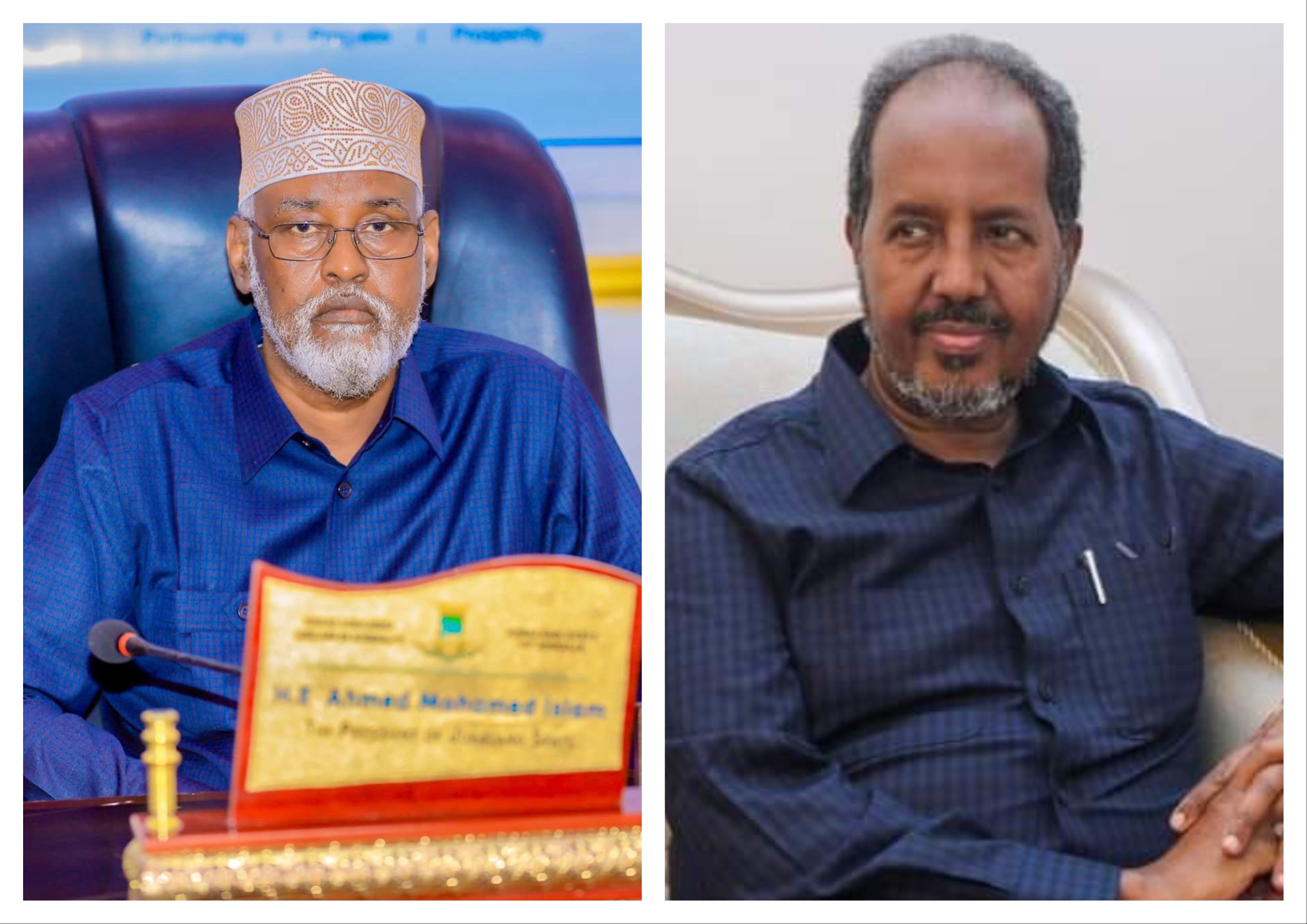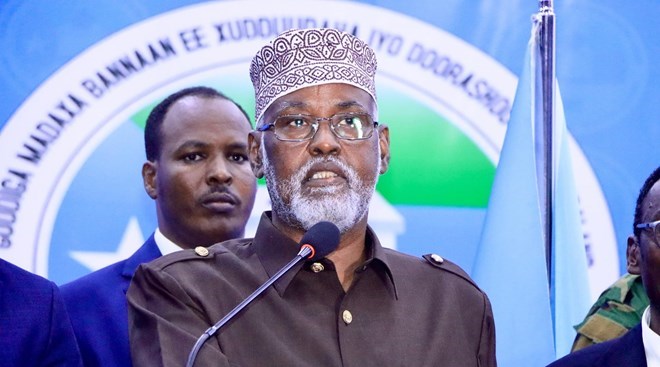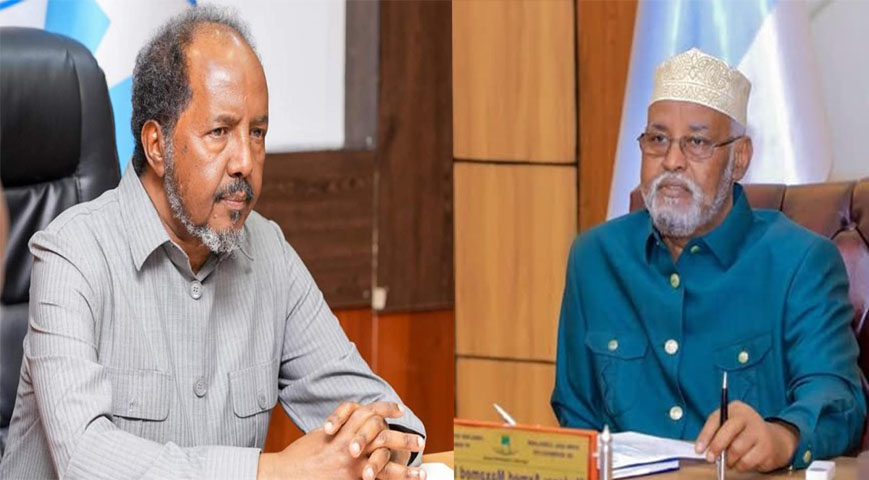Somalia's federal government announced on Tuesday that it will not recognize Ahmed Madobe's re-election as the leader of the southern Jubaland region, signaling a deepening rift between Mogadishu and its semi-autonomous states.
Madobe, who has led Jubaland since 2012, was re-elected on Monday by the regional parliament despite having served the constitutional limit of two terms.

According to government spokesperson Farhan Jimale, the central government declared the election process "unlawful" and directed the attorney general to file a Supreme Court lawsuit against Madobe.
Somalia, a federation consisting of five semi-autonomous states—Puntland, Jubaland, Galmudug, Hirshabelle, and South West—and the federal government in Mogadishu, faces ongoing struggles to stabilize after decades of conflict.
Did you read this?
The country has historically relied on a complex system of indirect clan-based voting to select leaders. However, Somalia aims to transition to universal suffrage elections in the coming year, a plan disrupted by the disputed polls in Jubaland.

On Monday, Madobe, anticipating opposition, asserted that he remains the region’s sole authority. Jubaland's strategic importance, coupled with its relative prosperity, draws interest from neighboring Kenya and Ethiopia. Both nations, which maintain troops in the area, view Jubaland as a crucial buffer against Al-Shabaab militants responsible for numerous attacks in their territories.
Meanwhile, the breakaway region of Somaliland, which declared independence in 1991, has successfully implemented direct elections.
Despite its self-governance and stability, Somaliland remains unrecognized internationally.









